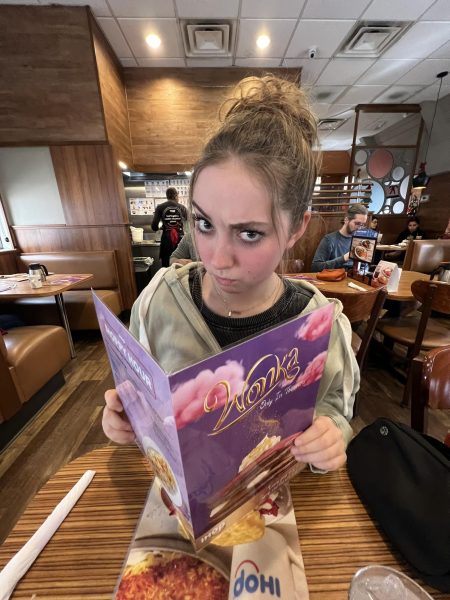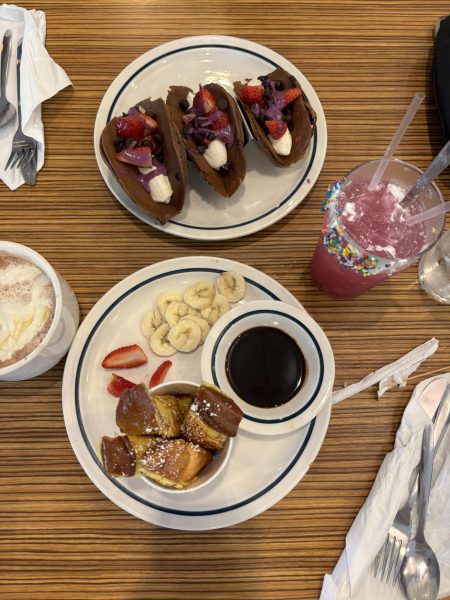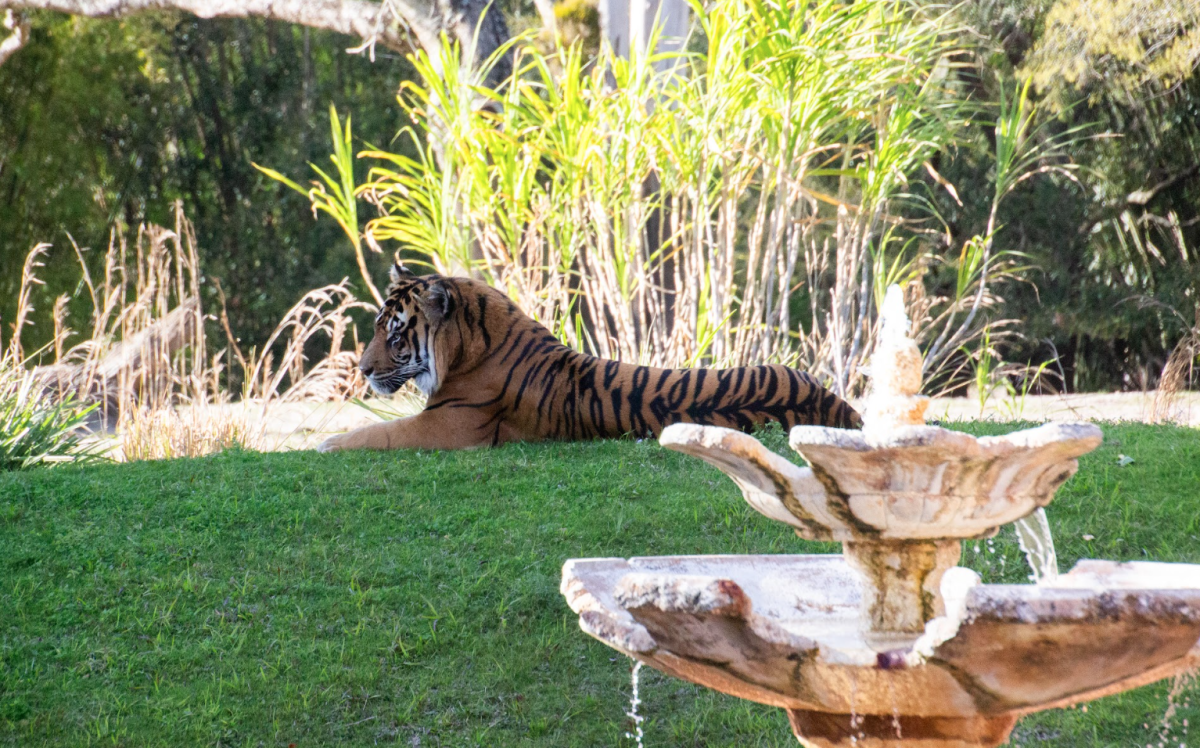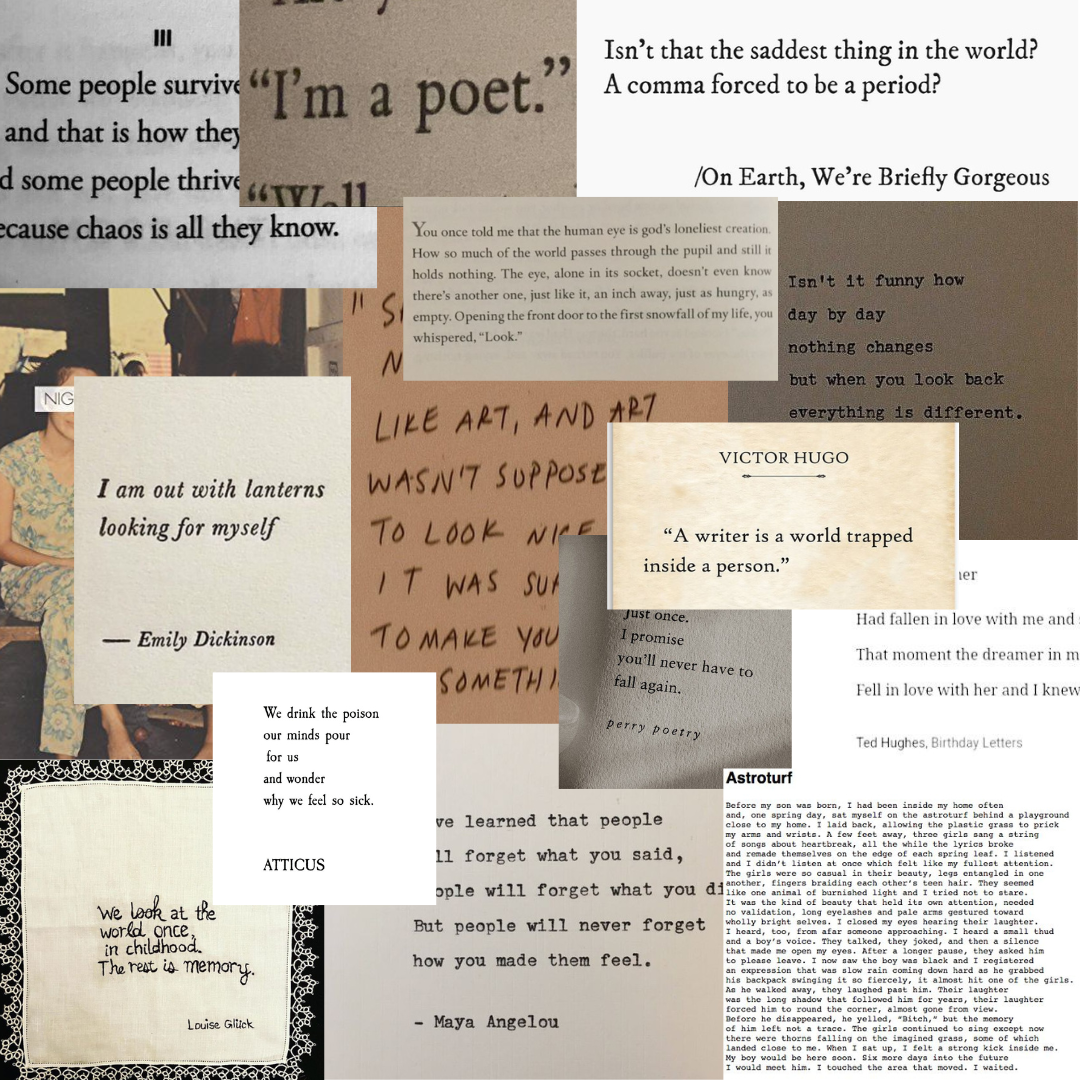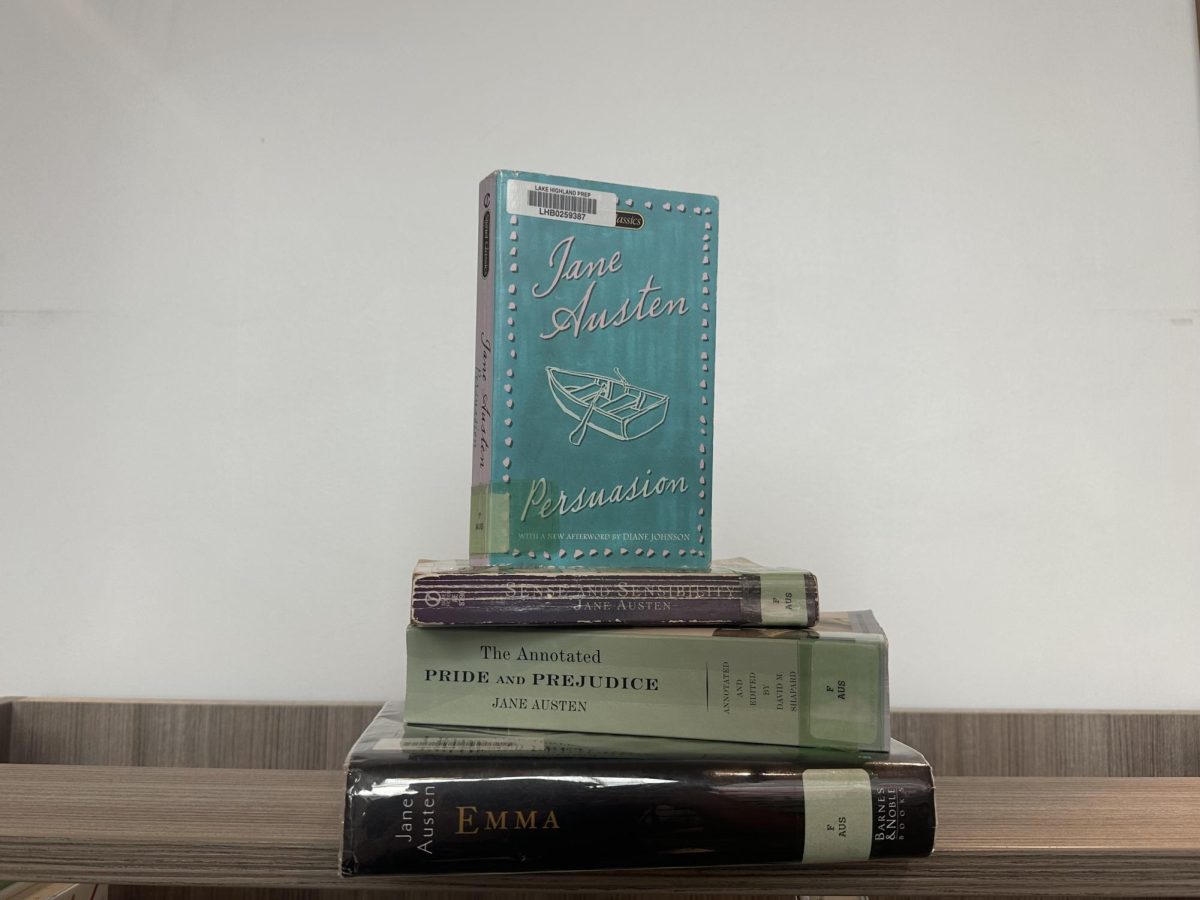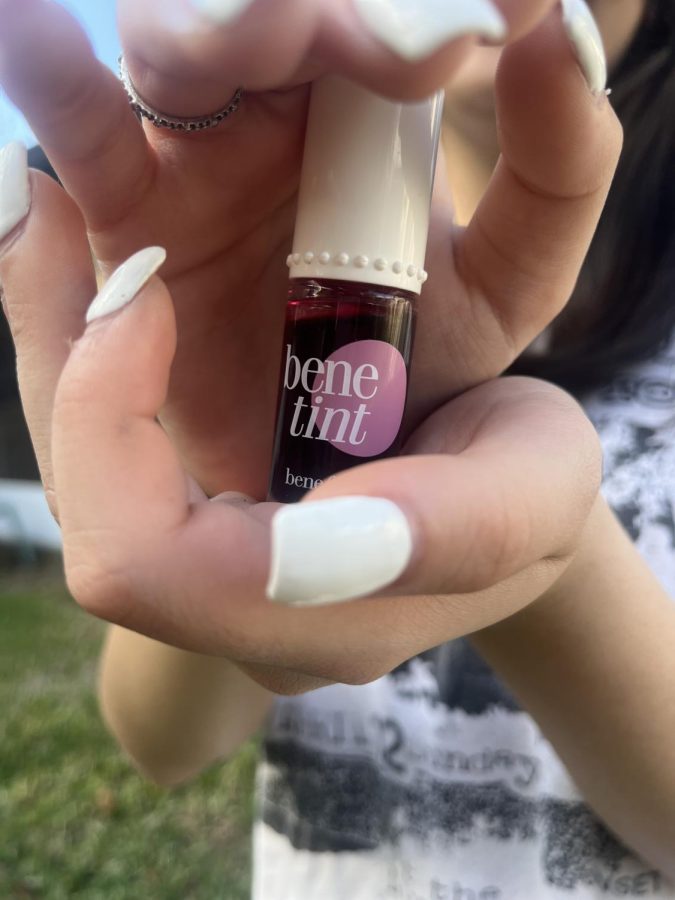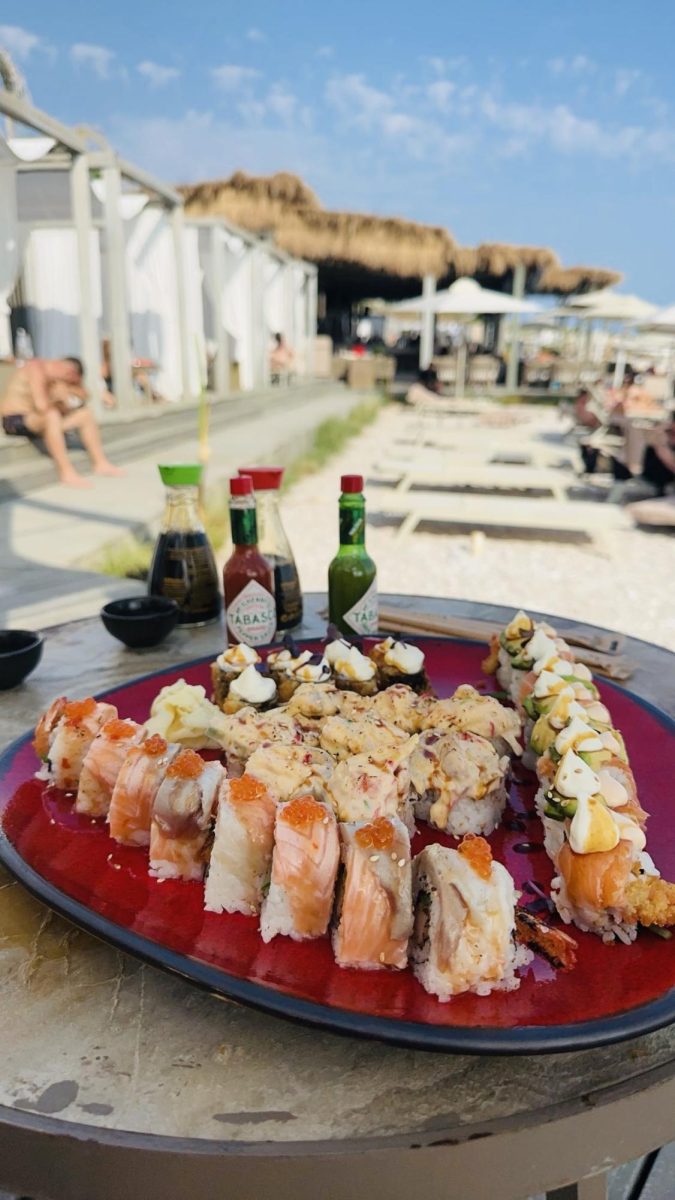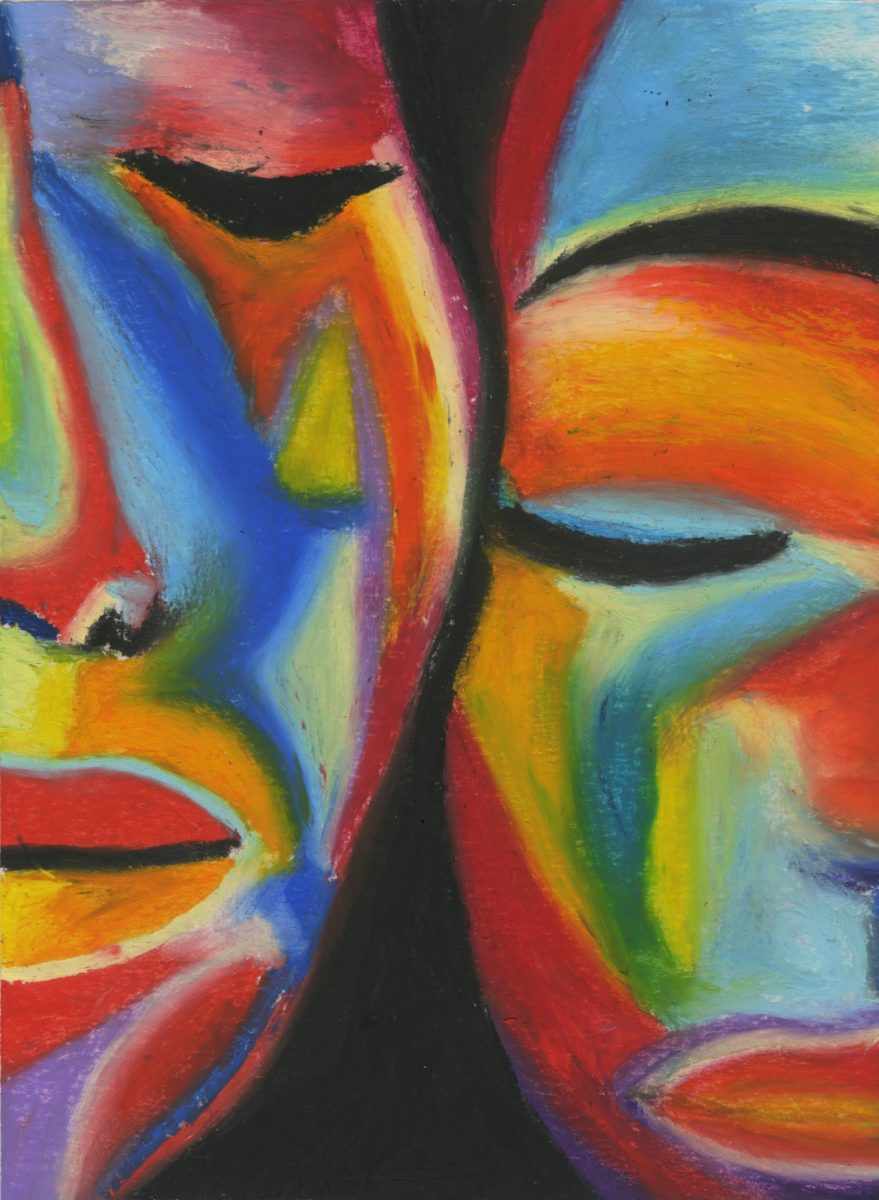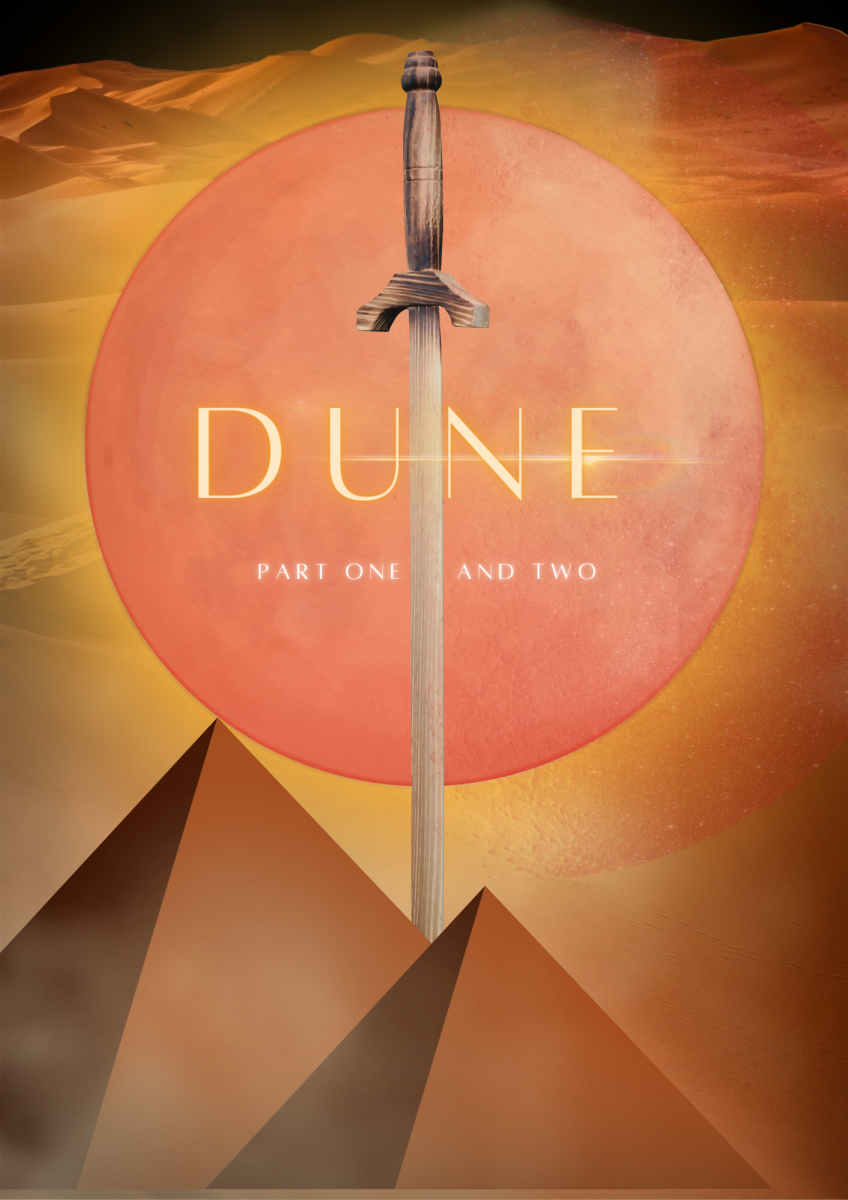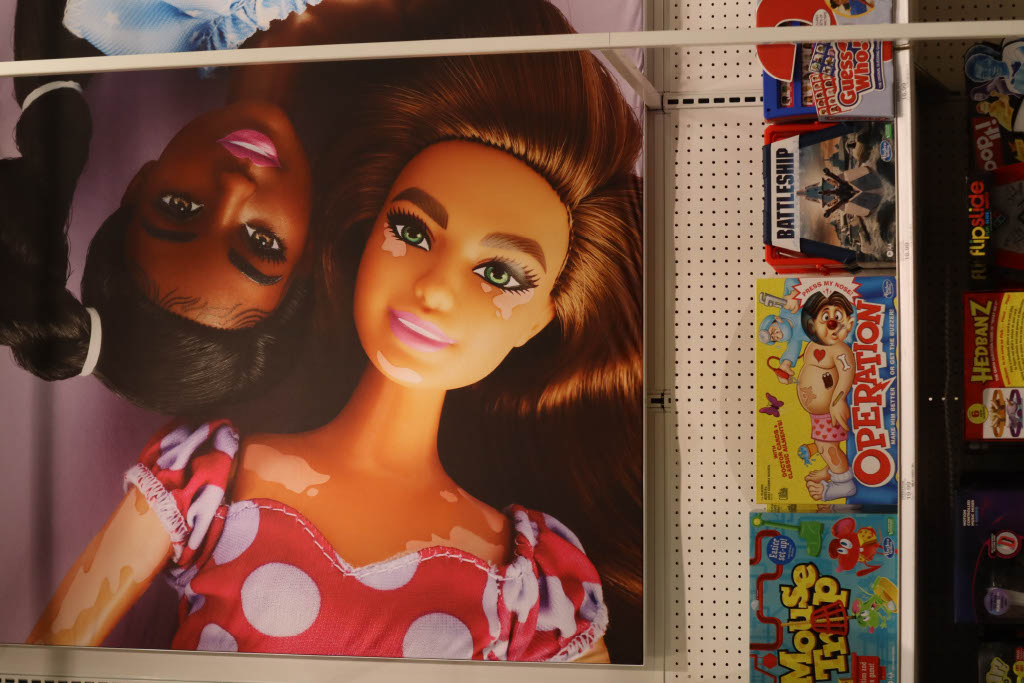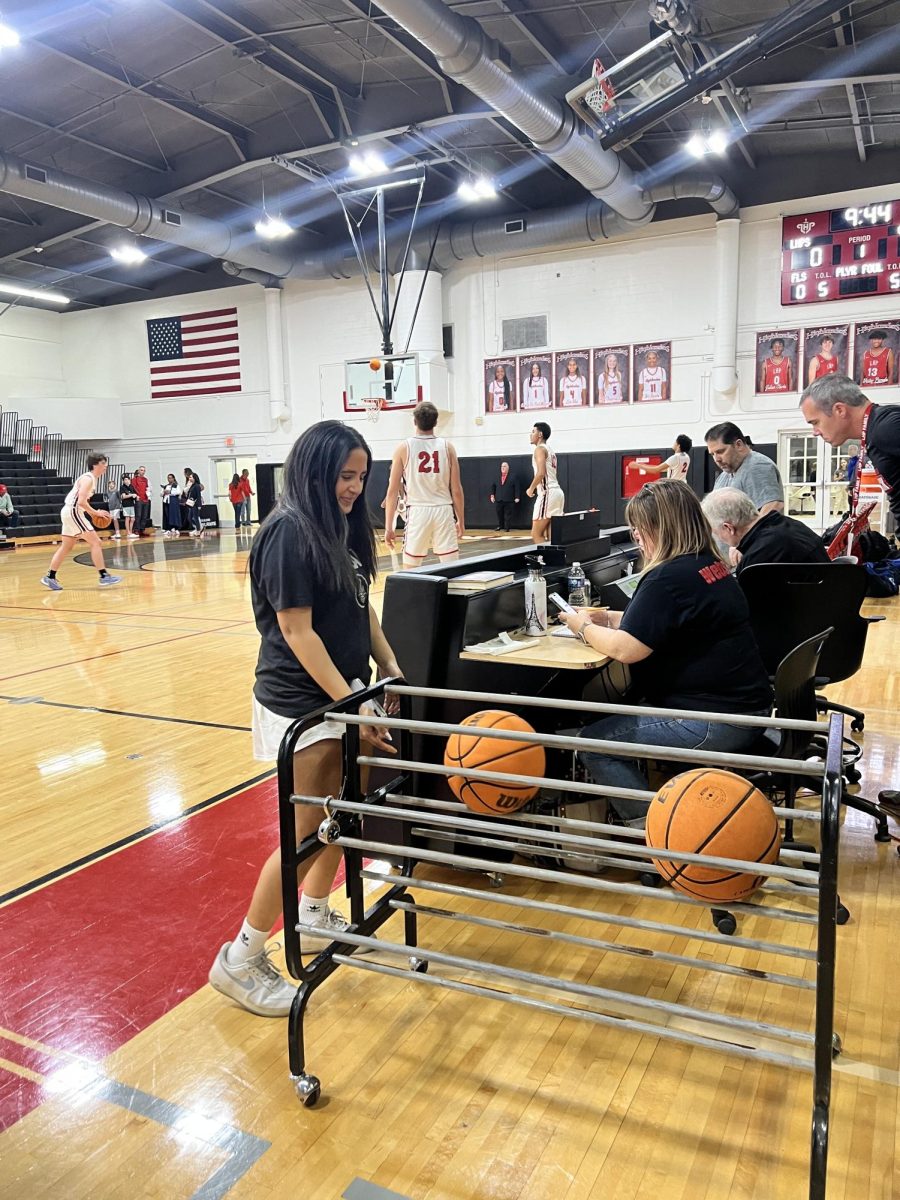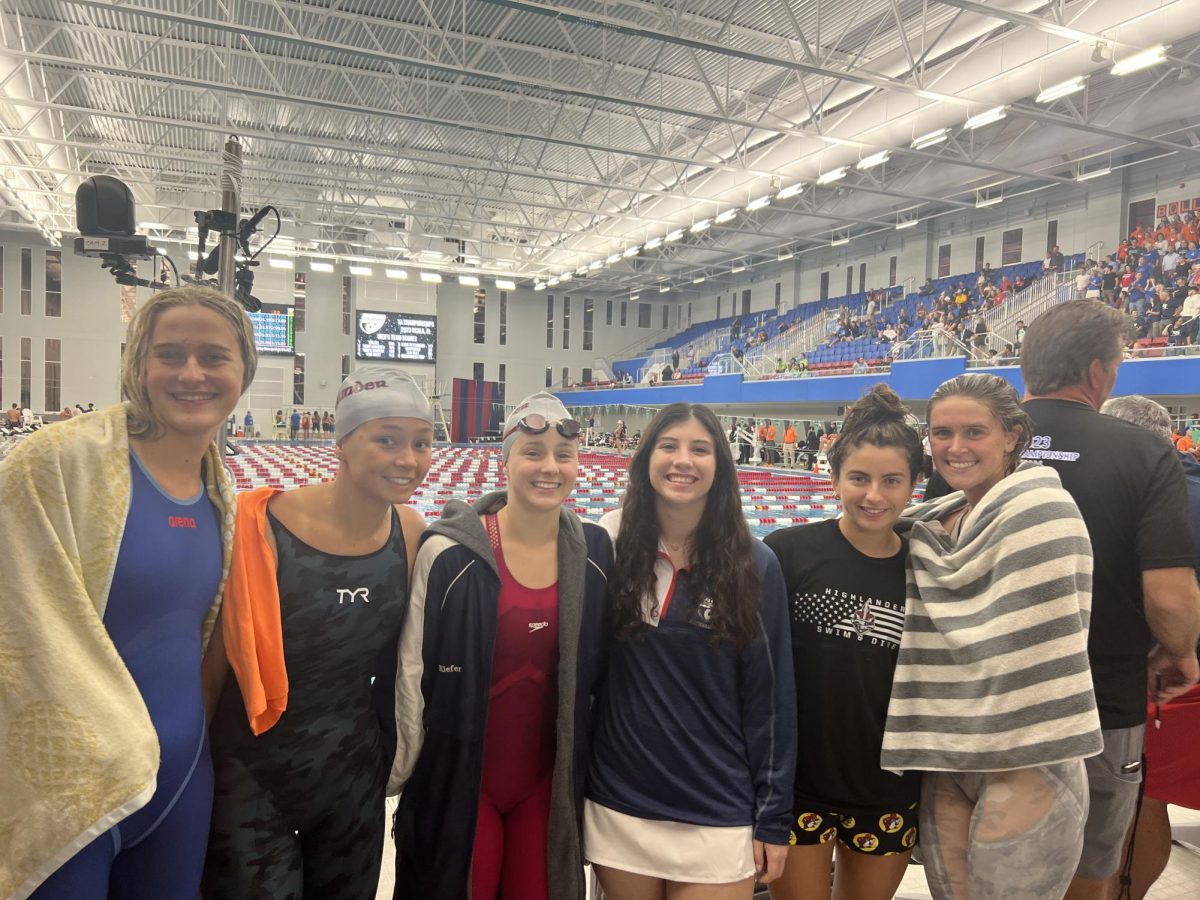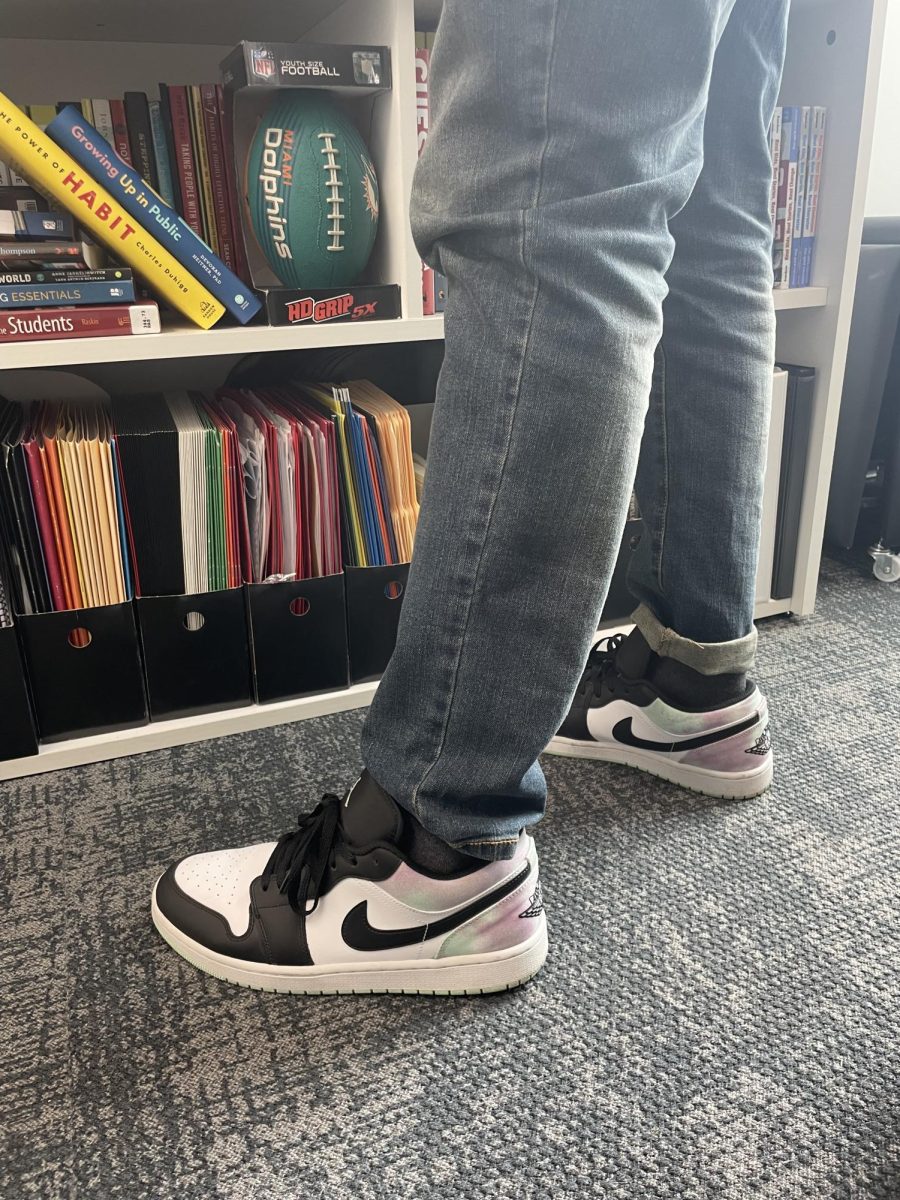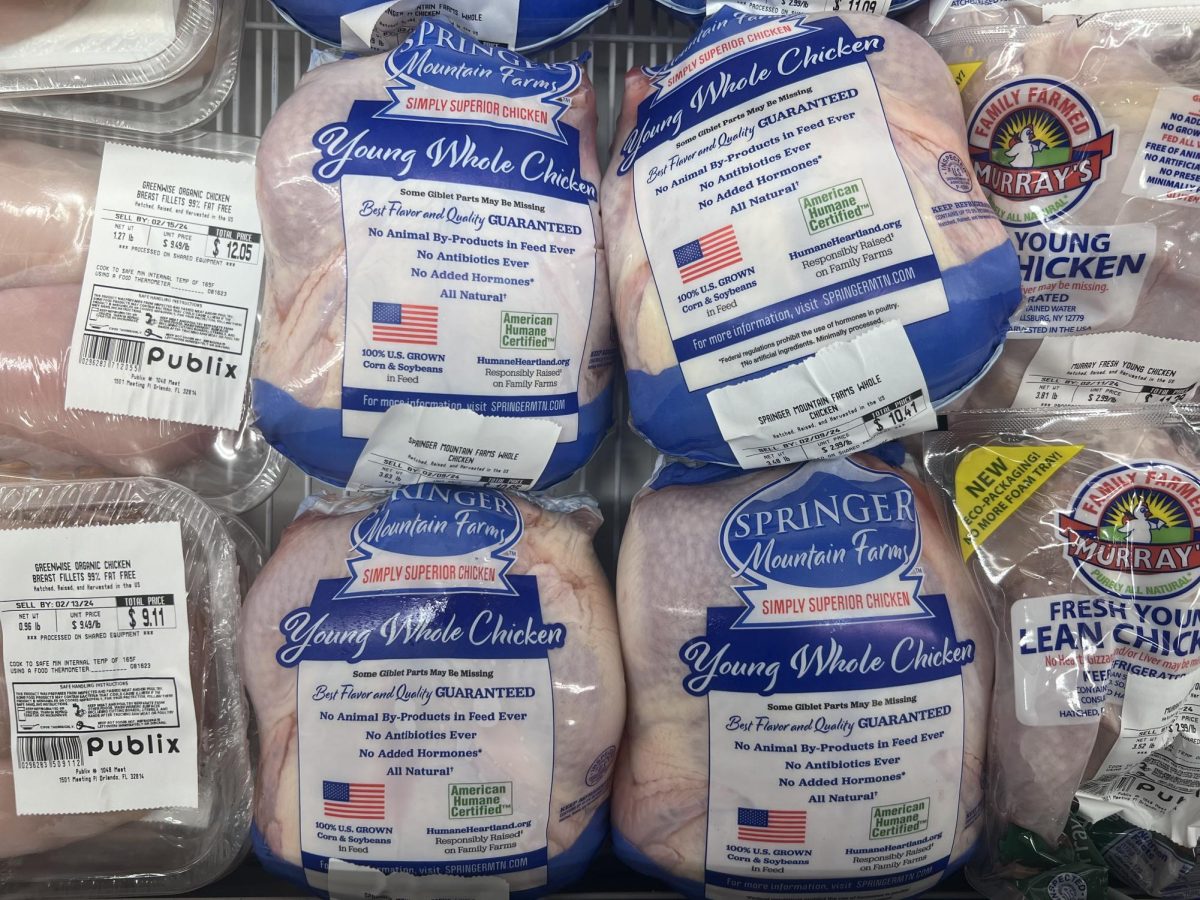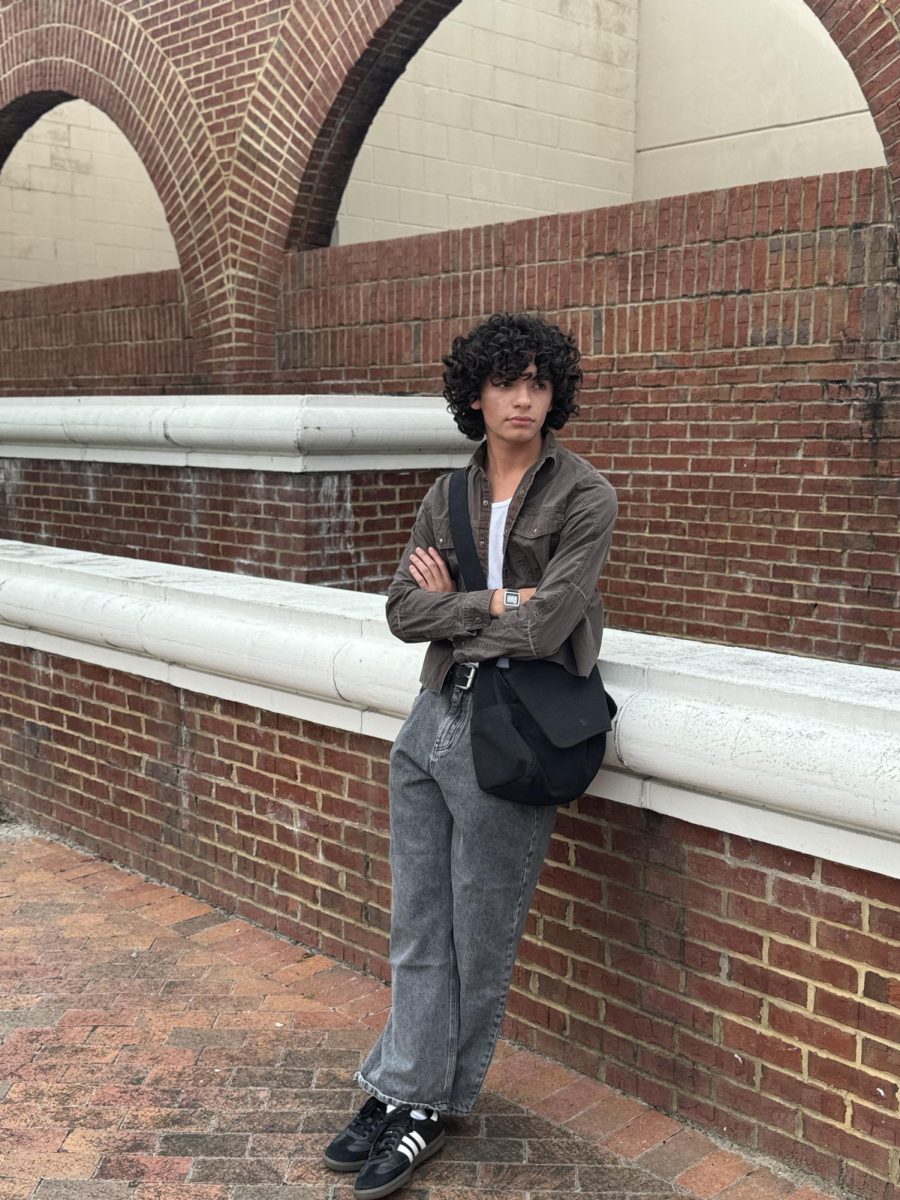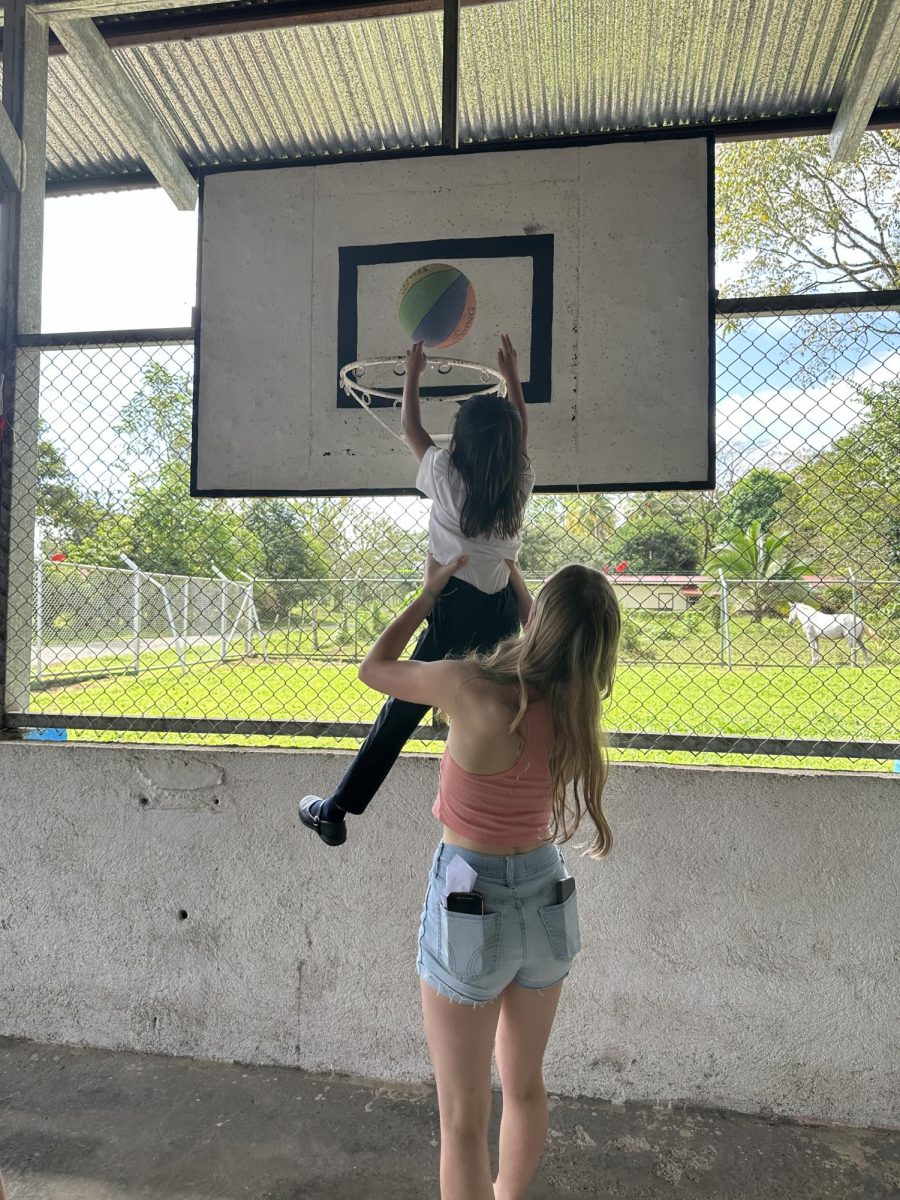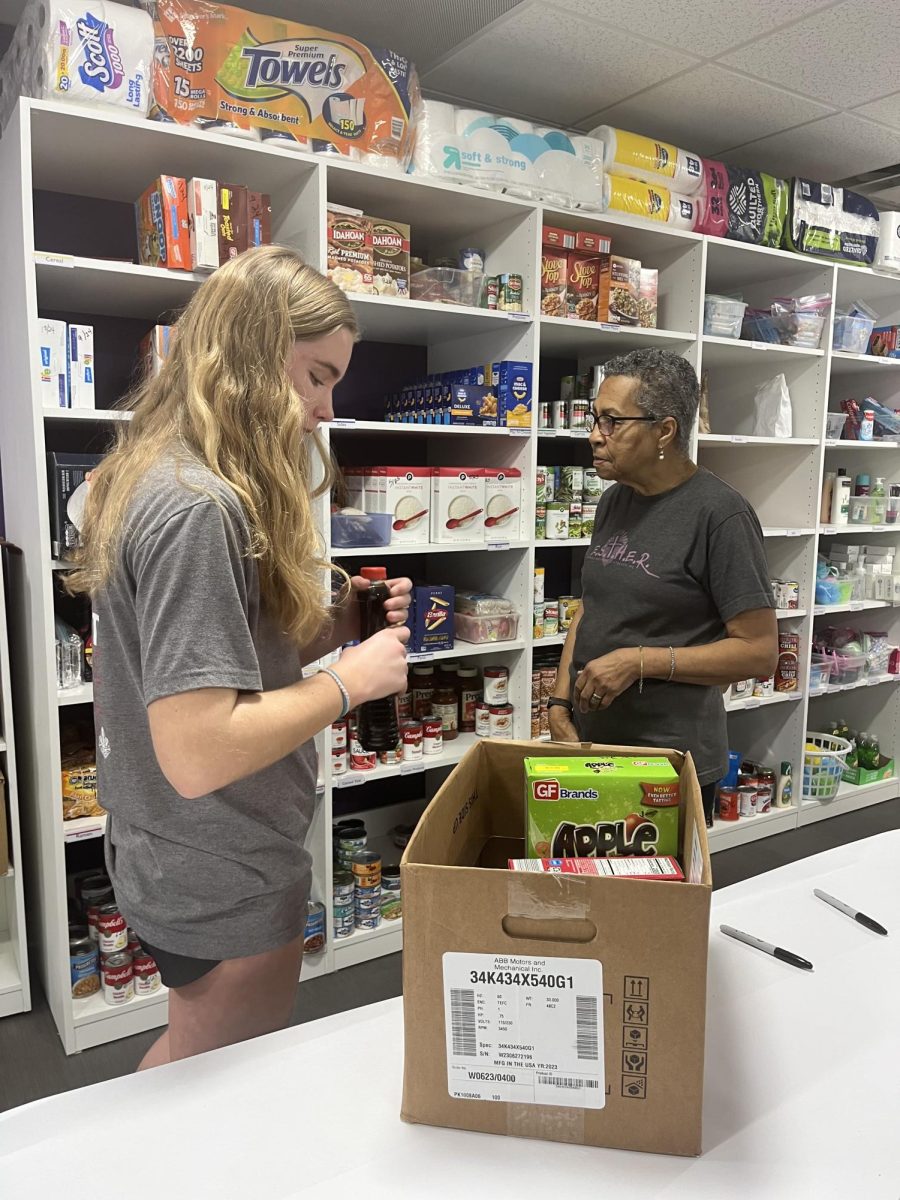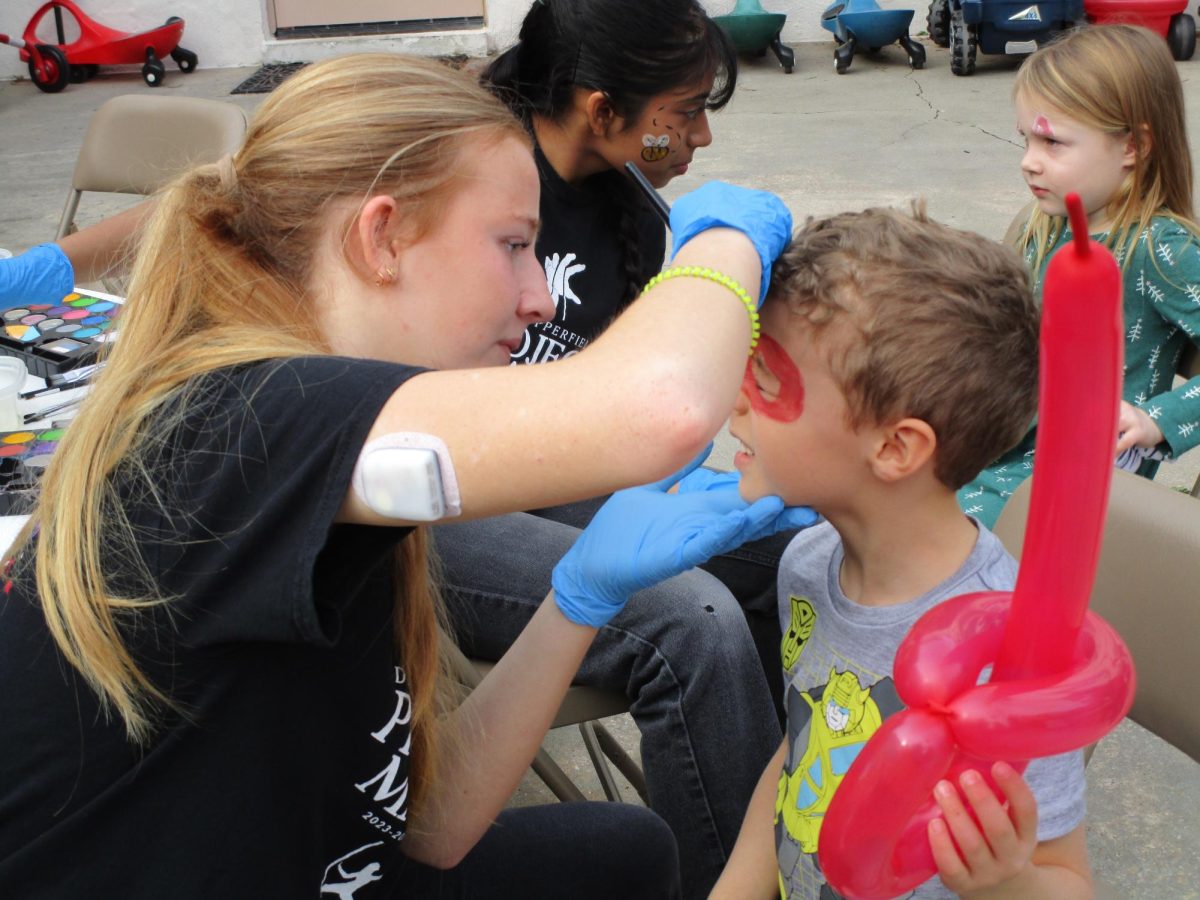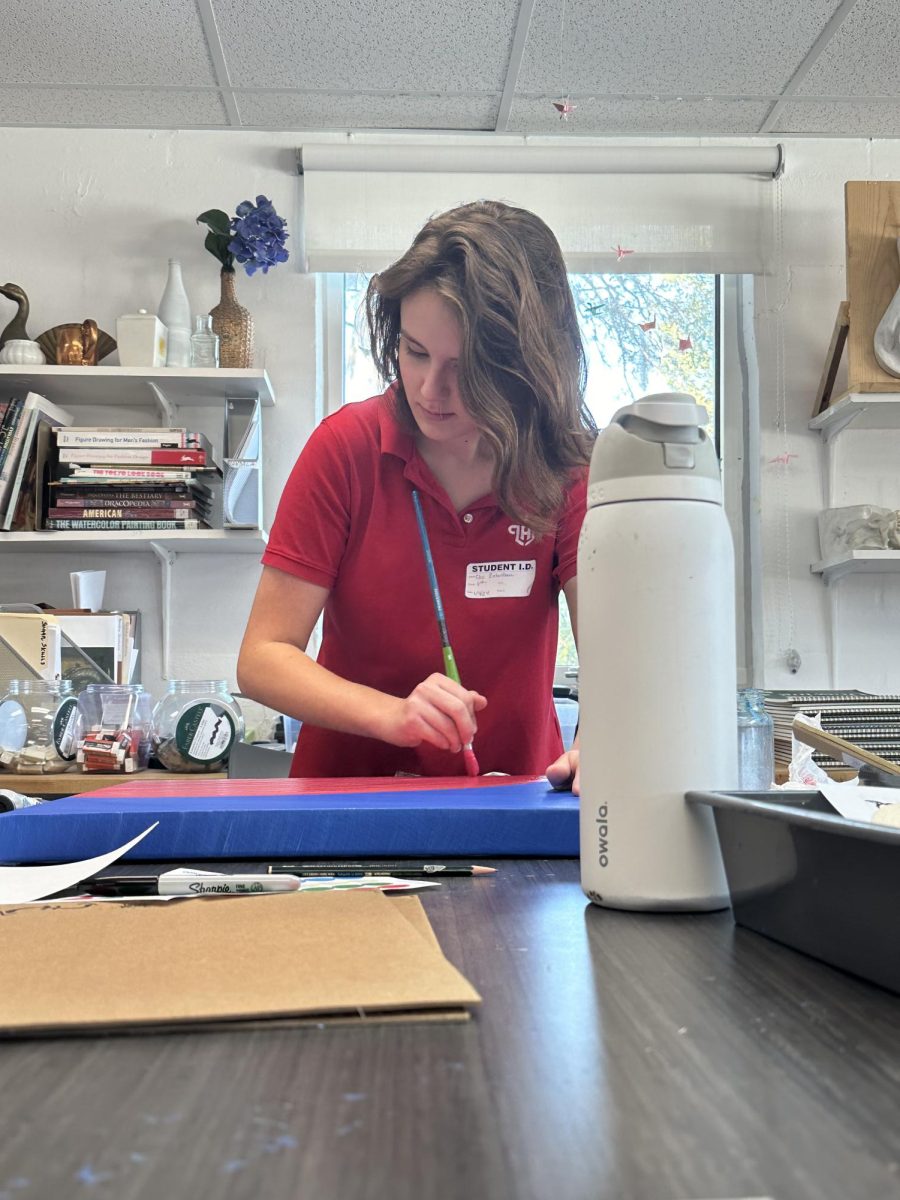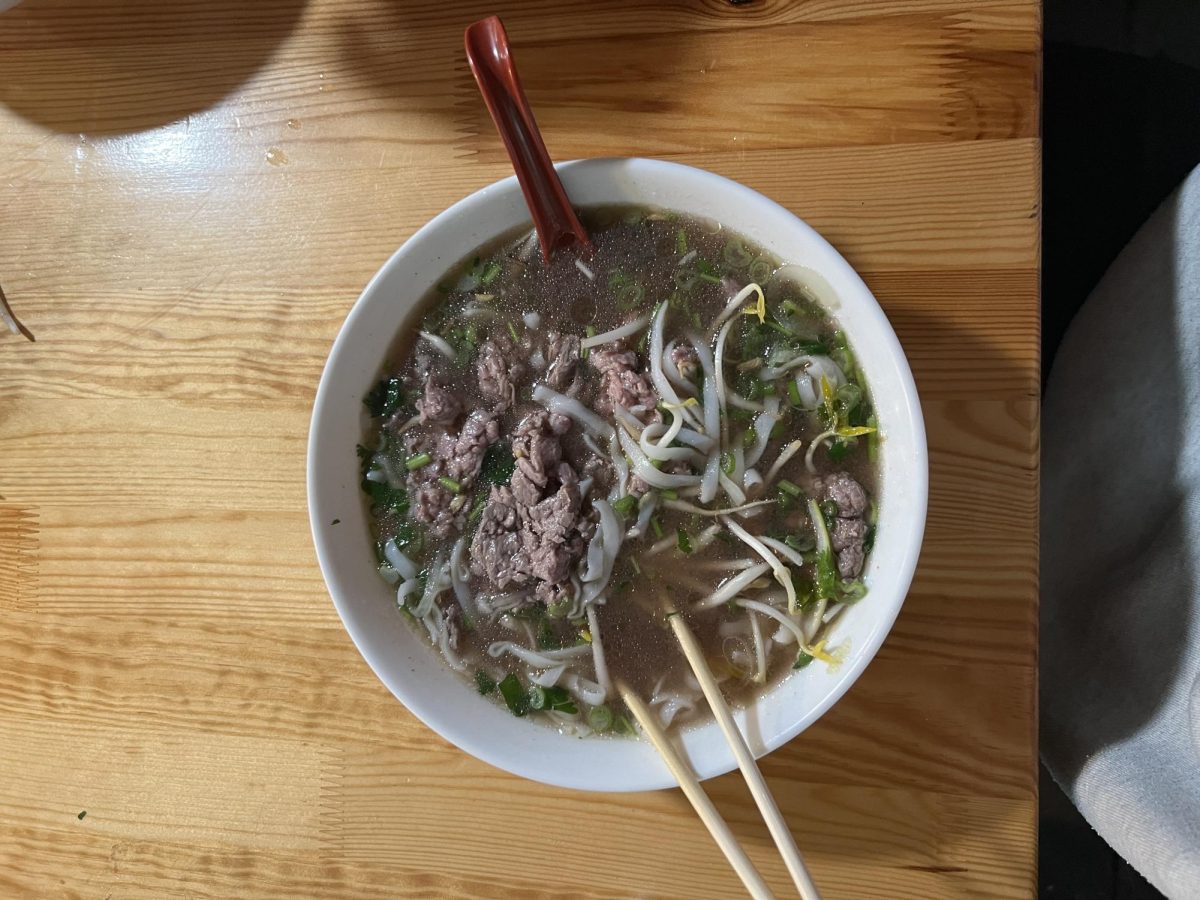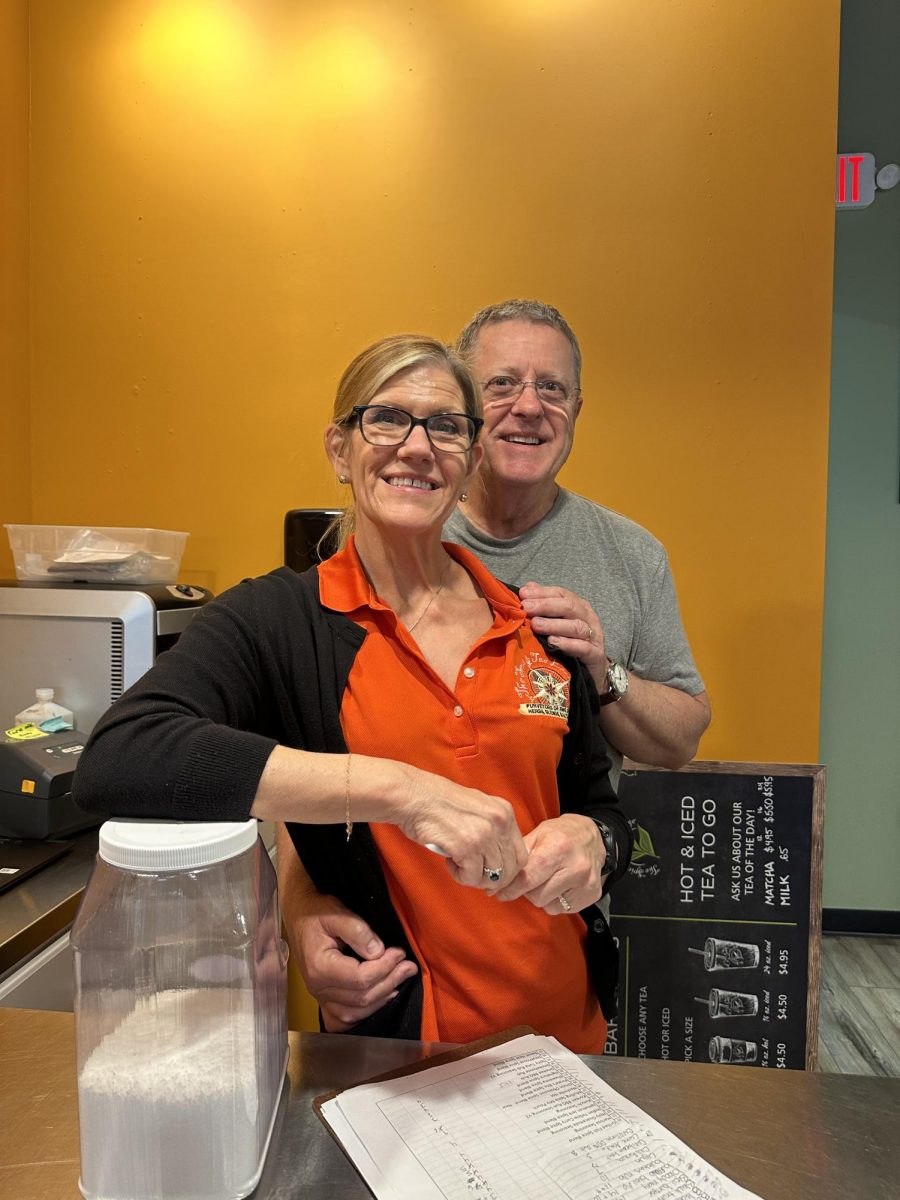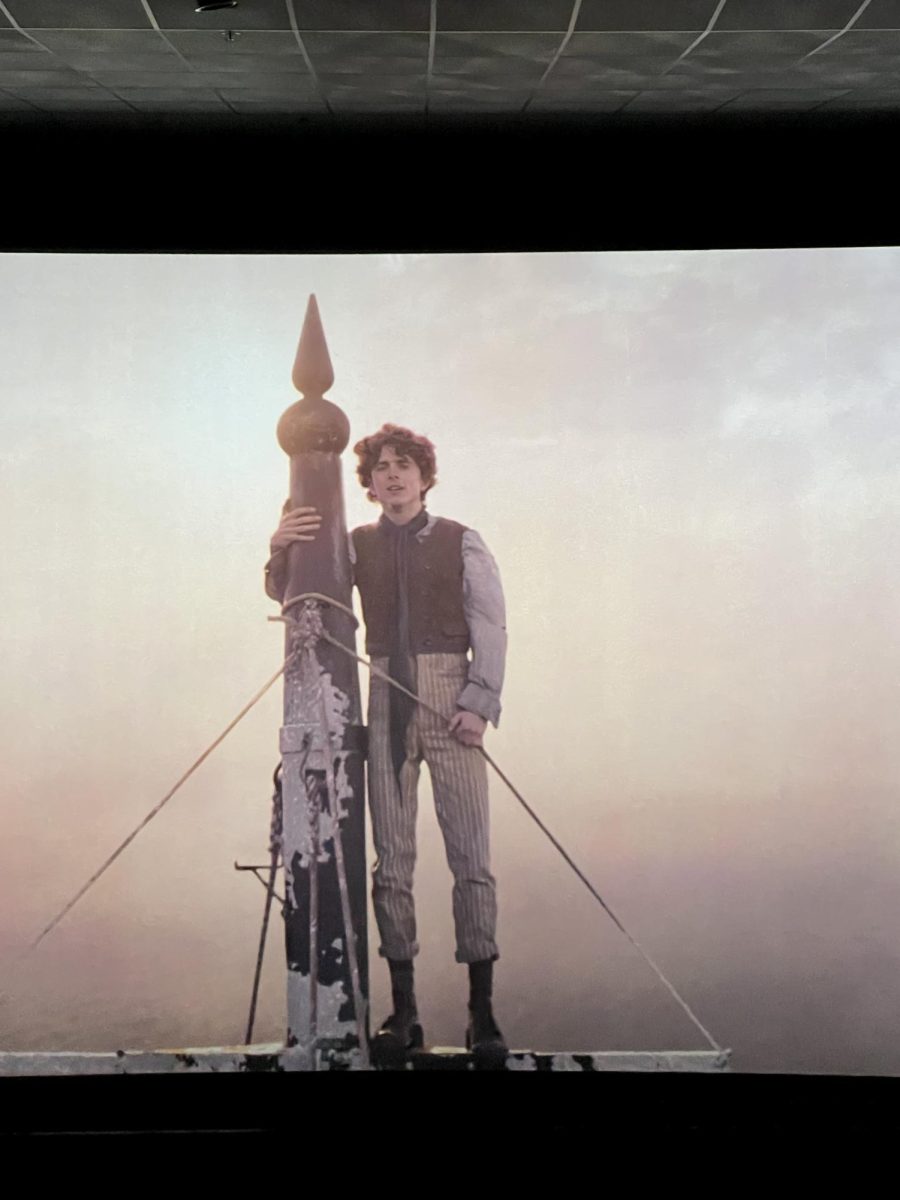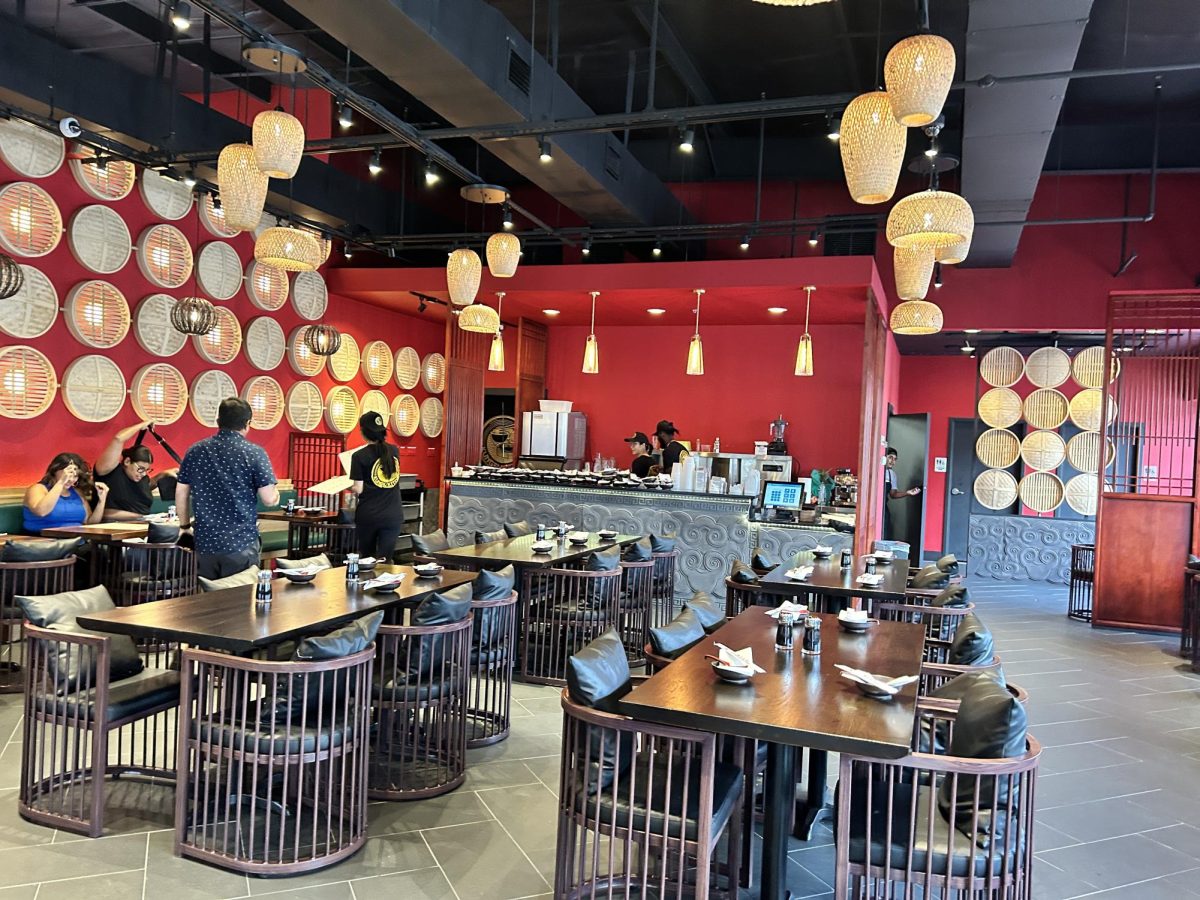Hollywood has done it again. Wonka is next in a long stream of films such as Elvis and The Hunger Games: The Ballad Of Songbirds & Snakes that check off all the buzzwords guaranteed to get studios a box-office hit. Wonka is an adaptation, musical, and, in many respects, a biopic, wrapped in Timothee Chalamet’s billion-dollar movie embrace. It is whimsical. It is mildly entertaining. It is shot beautifully, and, it is also incredibly and painfully safe.
Wonka hones in on a very specific moment in Willy’s life. He has an arsenal of impeccably crafted chocolates, in a nondescript city, (some idealized mix of London, Paris, and Prague) featuring a gallery of the world’s finest sweets, but without the money to open a shop. It is about as far removed from Gene Wilder’s 1971 version and Johnny Depp’s 2005 adaptation as a prequel can get. Yes, the film is about Willy Wonka on paper, but director, Paul King’s (who also directed Paddington) interpretation should be kept separate. Wonka is purely an underdog story that never fails to remind you why Willy Wonka deserves more than a child-killing reputation. He lost his mother, he saved an orphan, and he brought joy to the world through chocolate. The movie felt like watching the part in every Shark Tank episode when the entrepreneur breaks down as Mark Cuban inquires about some past trauma, but for two hours. Of course, I need to invest. I have no choice but to root for Wonka when this poor motherless boy just wants to make children happy with something as innocent as chocolate.
It is in this European city that Wonka finds himself down on his luck and needs a cheap place to stay for the night. Luckily for him, Olivia Colman’s character (whose name is simply “actress”) swoops in. After being coerced to sign a misleading contract, Wonka unknowingly joins Colman’s rag-tag group of tenants/laundry workers in an Annie-like housing unit. Here, Wonka meets Noodle, a 12-year-old orphan who owes the most money to the “actress” and begins the unbearably altruistic plot of needing to sell chocolate to help her, not fill his own pockets.
Regardless of my qualms with the storyline itself, the acting in Wonka was ok at best. I will admit that I watched the movie mostly because of Timothée Chalamet’s name (I am the exact person Warner Bros. thought of when they cast him), and found it refreshing to see him in a playful role after a string of serious films. Wonka is Timothée Chalamet in all his theatre kid glory. The idea that before Chalamet’s role in Interstellar, he was some misunderstood teenager thrown into the spotlight crumbles during Wonka. He has dancing knees and vocal range. This boy was made for the stage. If you are a diehard, Timmy-T lover caught up on all his lore, Wonka will leave you with lasting images of Chalamet dripping in chocolate and a new top album for next year’s Spotify Wrapped. If you’re a skeptic, or truthfully outside his demographic of teenage girls who find emaciated bodies attractive, Wonka will leave you wondering why Chalamet, in all his rhyming folly, is posed to be the next DiCaprio. He plays Willy Wonka too much like a caricature. Yes, by default Wonka has emotional depth, but aside from a few breakdown moments, he’s terribly overpassionate about chocolate. It is truly his one personality trait. The menacing allure of Wilder’s and Depp’s Wonka is removed in favor of a Walt Disney-type interpretation. Maybe something horrific jaded him between the prequel and Charlie’s involvement? Maybe Chalamet plays him too reserved? Maybe he needed a British accent?
Still, the other performances in Wonka are notable. Hugh Grant shines as a witty joke firing Oompa-Loompa that secretly steals Willy’s chocolate and, in turn, rewrites the often critizised history behind Oompa-Loompas. In Paul King’s version, Wonka doesn’t take Oompa-Loompas and force them to be his slaves; their community rules force him to go. Regardless, the storyline could erase Grant without any repercussions.
Newcomer, Calah Lane makes her breakout role as Noodle, creating the “heart” of Wonka. Willy and Noodle’s relationship is by far the strongest and most redeeming aspect of the film, and in my opinion, the only excuse needed to watch it. Chalamet and Lane are charming together with a cool uncle and niece chemistry. They also share a decent duet.
The real issues in Wonka are in the plot. The film seems too safe. I wasn’t expecting to leave the theatre with Existential thoughts, even though Wilder’s and Depp’s interpretations provided that, but Wonka feels too much like fairy tale for a Dahl adaptation. Willy can only open his chocolate shop if all his tenants turned very best friends work together in a nursery kumbaya way. The music is also excusively Broadway show tunes in which we see Timothee Chalamet belt out with the help of a heavy hand of autotune. Wonka is purely for children and the Timothée Chalamet obsessed. It is silly and fun. Chalamet looks great in it, but it is also bland, terribly bland.
After a period where theatres began shutting down during COVID-19, 2023 saw a boom in the box office industry. The domestic box office surpassed $9 billion this past year mainly because of the “Barbenheimer” craze during summer, and in early August, Regal Cinemas emerged from bankruptcy. Hollywood is producing blockbusters after blockbusters both in theatres and streaming with critically acclaimed films such as May December and Maestro.
Wonka proved to be eerily similar to the Minions craze back in summer 2022. Wonka’s promotional team bombarded markets with collabs such as Wonka Converse, Wonka eyeshadow pallets, and Wonka necklaces. However, most importantly, they collaborated with IHOP to create a sickly sweet menu akin to the Minion one two years ago. Thus, the cycle repeated itself and Wonka became the new film to prey upon nostalgia-craved teenagers looking for something to do. Thankfully the dress code was not business attire though.
Most of the scenes in Wonka were shot at Warner Bros. Studio or in the United Kingdom. The opening shot of Willy Wonka sailing into town was filmed in Lyme Regis, Dorset, a place inspired by Meryl Streep’s 1981 romance, The French Lieutenant’s Woman. However, to get the non-descript European city scenes, production had to build it from scratch. Head production designer, Nathan Crowley noted, “You conclude that you kind of want to build your own place because you’re trying to achieve, as I call it, ‘Roald Dahl realism,’ which is fantasy but on all his terms.”
As for the actual dishes at IHOP, they elicited the same ‘meh’ reaction as the film itself. The Hoverchoc Pancake Tacos were surprisingly un-chocolately as if they only gently brushed against cocoa powder. The Scrumdiddlyumptious Hot Chocolate tasted mediocre, and the Dreamy Lemonade had to have been straight-up corn syrup. Still, like the Minions movie, IHOP provided the experience, not the sustenance. In addition, the service was impeccable, and I am pretty sure the waitresses were more excited about making the lemonade than we were eating it.

